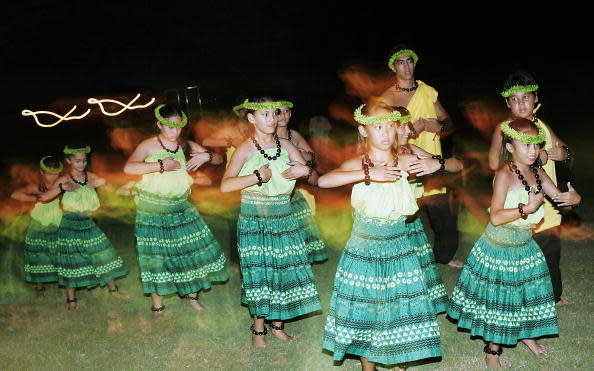 Good News
Good NewsThe Hawaiian way to apologize

Before western culture descended on the islands, Hawaiians used a forgiveness system known as ho'oponopono to work through fear and anger and to release individuals from the physical and mental dangers of holding on to a grudge.
When Christian missionaries banned the practice in the 19th century, a few families preserved its teachings, and many techniques were internalized into the Hawaiian way of life.
Dr. Matthew James, an Oahu native who comes from a long line of ho'oponopono practitioners, says the system's influence can still be seen in subtle ways, including the words many Hawaiians use to apologize for a perceived transgression.
"The word "sorry" cannot be translated in to the ancient Hawaiian language," he says. "What you would say is, "please forgive me," and the exact Hawaiian phrase is e kala mai i a`u."
The reason, he explains, is that when you say, "I'm sorry," you are describing a state of being rather than inviting a response.
On the other hand, when you say "please forgive me," not only do you initiate a reaction from the other party, you are putting the ball in his or her court.
"The Hawaiian's language was really based a lot around energy, and so if I had wronged you and said please forgive me, it's almost as if you feel compelled to go, 'yeah, no problem.' It creates that connection and what that does is it turns forgiveness into a process rather than a state of being."
In modern psychological terms, this concept is known as emotional disclosure, or getting something out of your system to initiate healing.
"From cognitive psychology, when you do something that facilitates a process, you have a better chance of reducing negative effects," he says.
But that doesn't mean you shouldn't cut it entirely out of your vocabulary: "I'm ok with the word "sorry" but follow it up with please forgive me," James advises.
Try it the next time you get into a tiff. It's a little forgiveness experiment that could go a long way in your relationships.
(Photo credit: Marco Garcia/Getty)

